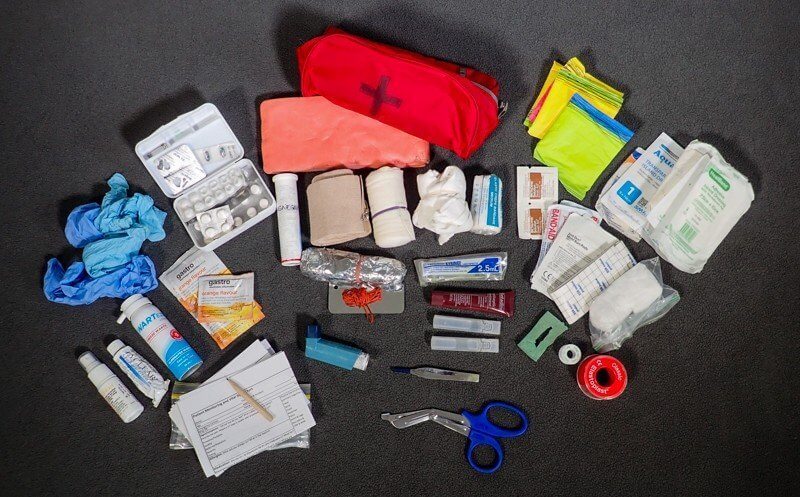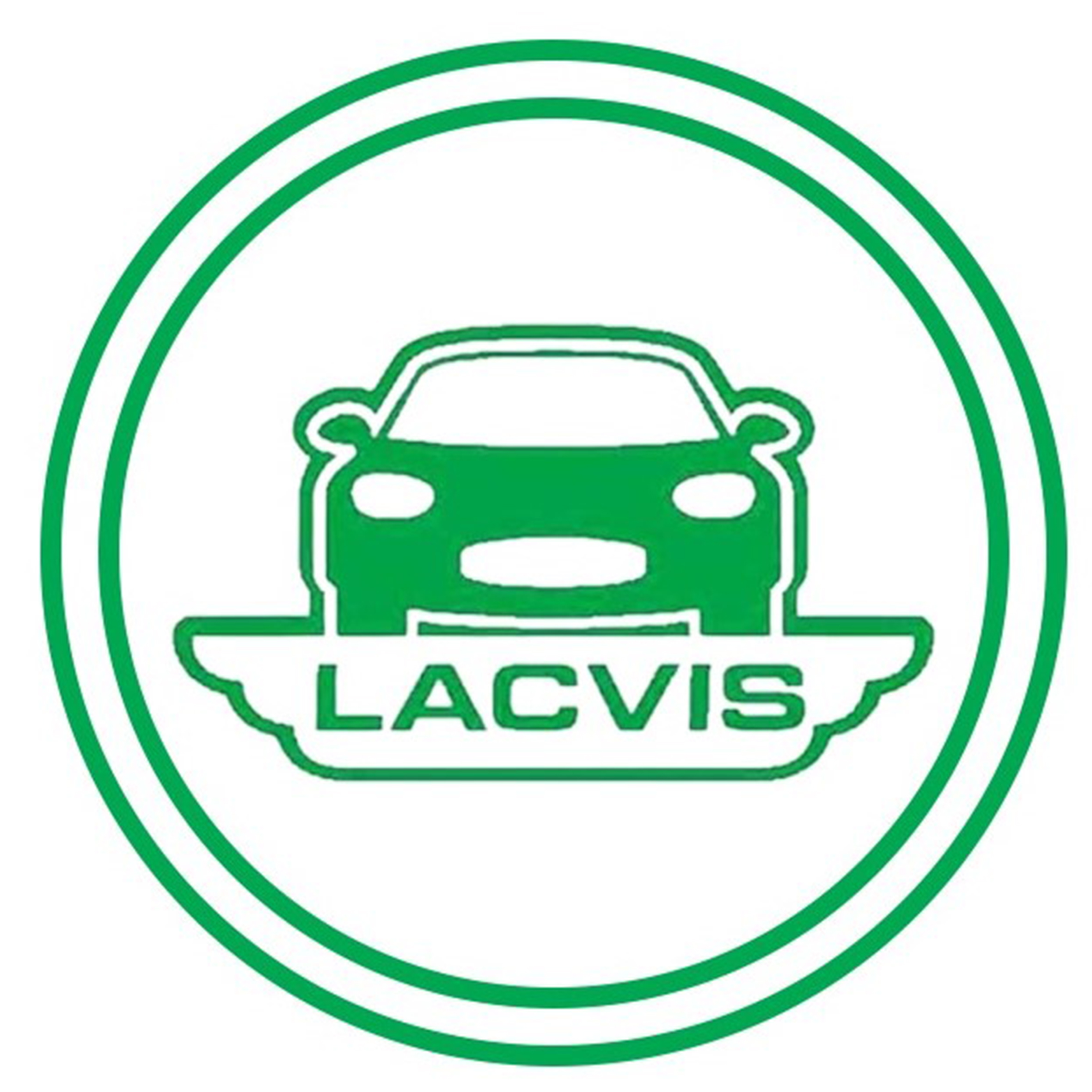The Importance Of First Aid Kit

Emergencies on the road can happen at any time, and being prepared can make all the difference. Whether it’s a minor cut, a sudden illness, or a major accident, having a well-stocked first aid kit in your vehicle can be lifesaving. Many drivers overlook the importance of carrying one, but it’s a crucial safety measure that ensures quick response to medical needs before professional help arrives.
Why Every Vehicle Needs a First Aid Kit
1. Immediate Response to Injuries
Accidents can occur anywhere, from highways to remote roads. A first aid kit provides immediate care for injuries like cuts, burns, or sprains while waiting for medical assistance. Quick treatment can prevent infections and reduce pain in emergencies.
2. Provides Lifesaving Assistance in Emergencies
In severe cases—such as heavy bleeding, breathing difficulties, or allergic reactions—having a first aid kit with essentials like bandages, antiseptics, and pain relievers can help stabilize a person before medical professionals arrive.
3. Essential for Long Trips & Remote Areas
When travelling through areas with limited access to hospitals or clinics, a first aid kit becomes even more crucial. Being prepared means you can handle minor medical emergencies without unnecessary delays.
4. Aids in Treating Minor Health Issues
Headaches, allergies, stomach upsets, and small wounds can happen unexpectedly. Having basic medications and bandages in your vehicle ensures that minor health issues don’t turn into major inconveniences.
5. Required by Law in Some Regions
Many countries and organizations mandate carrying a first aid kit in vehicles, especially for commercial drivers and public transport operators. Ensuring compliance with these regulations not only enhances safety but also helps avoid fines or penalties.
What Should Be in Your Car's First Aid Kit?
A well-equipped first aid kit should include:
Bandages & Gauze – For covering wounds and stopping bleeding.
Adhesive Plasters (Band-Aids) – For minor cuts and blisters.
Antiseptic Wipes & Creams – To prevent infections.
Pain Relievers & Fever Medication – Such as paracetamol or ibuprofen.
Tweezers & Scissors – For removing splinters or cutting bandages.
Gloves & Face Masks – To maintain hygiene and prevent contamination.
Burn Cream & Cold Packs – For treating burns and swelling.
Allergy Medication – For unexpected allergic reactions.
CPR Mask – In case of a medical emergency requiring resuscitation.
Emergency Contact Information – Including numbers for hospitals and emergency services.
Final Thoughts: Be Prepared, Stay Safe!
A first aid kit is a small investment with a big impact on road safety. Whether you're a daily commuter, a long-distance traveller, or a professional driver, keeping a stocked first aid kit in your vehicle can save lives and reduce the severity of injuries.
Stay prepared! If your vehicle doesn’t have a first aid kit yet, now is the time to get one. Because when an emergency happens, every second counts!
Have Questions? Get in Touch!
We're here to help and answer any questions you might have



